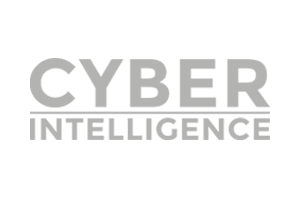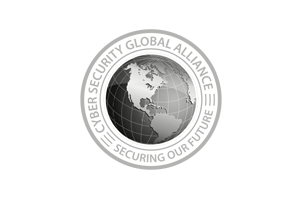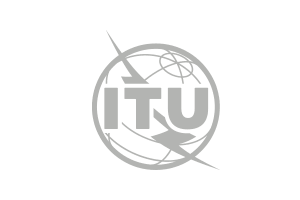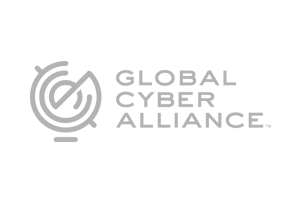Trusted by World and Regional Leaders
The Silensec service and product portfolio focuses entirely on cyber and information security, serving clients around the world across different business domains














Our Solutions
Our services and products focus entirely on information and cyber security
Information Security Training
We offer over 30 training courses across different security domains from Ethical Hacking, Reverse Engineering, Malware Analysis to
Security Management and Security Standards Compliance
Information Technology Governance
Silensec assists organizations in adopting and complying with international security standards. Silensec’s turnkey services help develop effective management systems to ensure effective security
Security Audits & Assessments
Silensec works with organizations on all security audits and assessments ranging from compliance audits to technical security assessments such as penetration tests, source code reviews and Web applications assessment.
CYBER RANGES
State-of-the-art, military-grade, next-generation simulation platform. Available on-premise and natively on the cloud.

Value-Added Security Systems Integration
We are here to help you in choosing and deploying the right solutions to ensure value driven Return on Security Investment
Managed Security
Established in 2016, the ISO27001 certified SOC by Silensec provides security to its clients.













